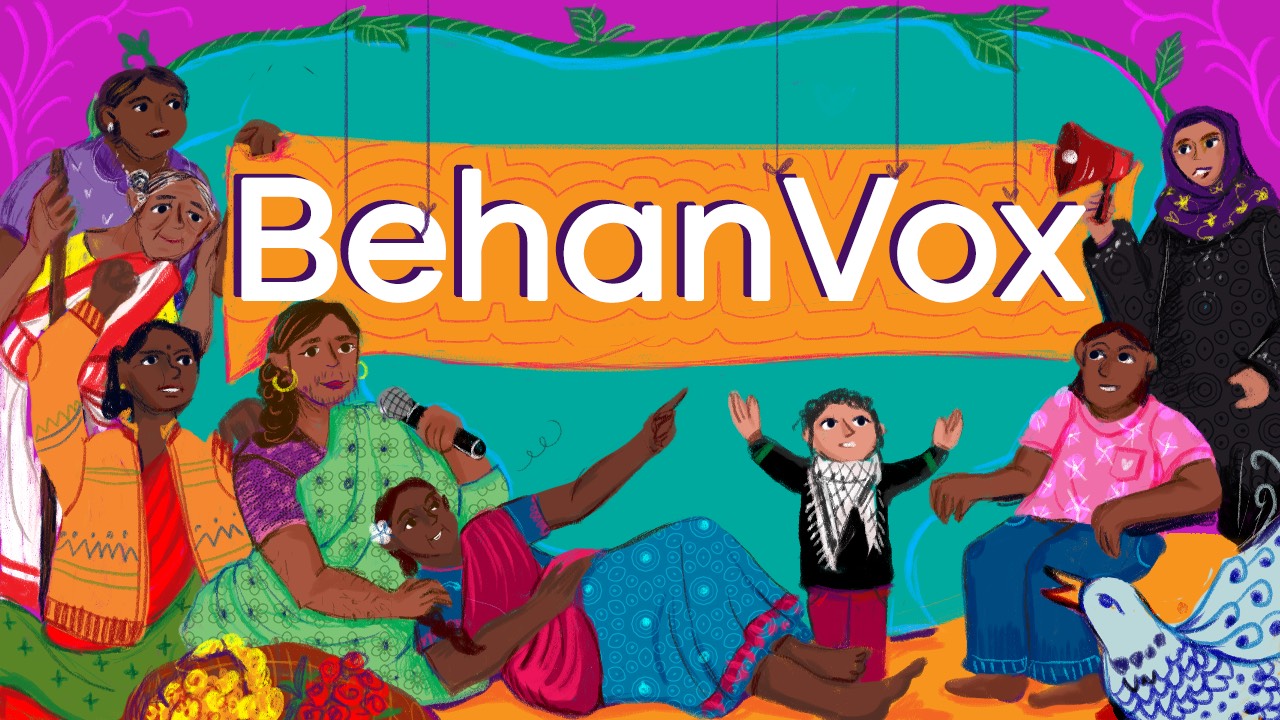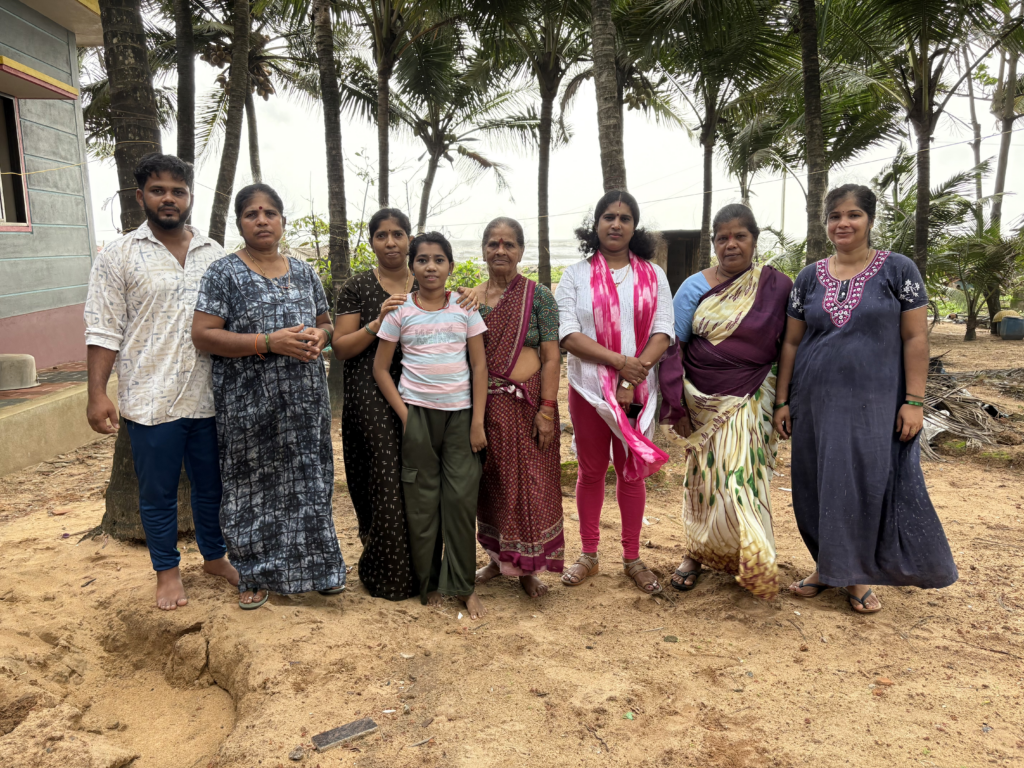Across the country, in a southern coastal corner, another kind of displacement threatens the life of Gangi Ramachandra Tandel, 80. It was a life built with immense hard work and love in the fishing village of Kasarkod in Uttara Kannada district. A single mother of five, she has done it all: sell dry fish, load and offload fish from boats and even request fishers for some fish that she could sell.
At this age, she should have been able to put her feet up, watch her grandchildren run in and out and chat with neighbours who walk in all day. Instead, she is dealing with the risk that she could lose it all to an upcoming port project, planned just about 400 m from her home.
About a two-foot pole smeared with red paint now stands in her verandah as a daily reminder that she could lose her house any day. It is one of many houses marked in Kasarkod Tonka 1 and 2 during a survey conducted in February this year. They will all be hit when the four-lane road connecting the port to National Highway 66 comes up.
In a two-part series, we have been looking at why fishers are resisting the construction of this port at Honnavar that will disrupt their business, environment and homes. In this, the second story, we report on how women’s lives have been upended by the constant uncertainty and anxiety that this impending disruption brings, focussing particularly on their mental health.
“We knew then the port would destroy our lives, and now my grandchildren are still fighting the same fight,” says Gangi.
Despite being at the forefront of this resistance against the port for years, women fishers have been excluded from the discussions on the project by the State, court, port authorities, or even people’s representatives, says Vidya Dinker, a social activist and director of Growthwatch, a voluntary research and advocacy institution. “They have been erased even though they are the most affected,” she says.
As the protest intensified in the last year, women fishers, had, in a desperate move in February, jumped into the sea. One of them, Rekha Tandel, was hospitalised and has suffered significant health impacts, including memory issues, as we reported. Now, many of them complain of exhaustion, precarity, and a loss of agency over their lives.
Read our story here.






